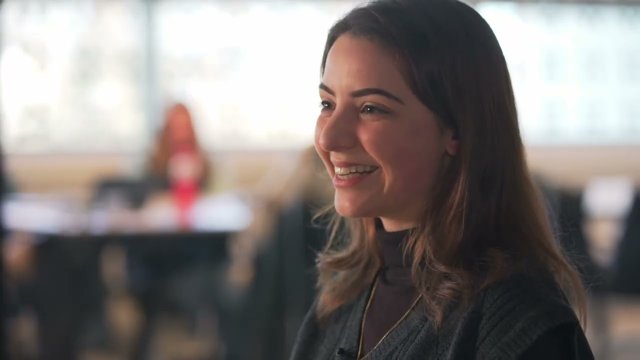During your Master’s in Geo-Information Science and Earth Observation (GEO), you will complete a total of 120 EC within two years. During the programme you will take a mixture of courses that include foundation courses, specialisation and elective courses. As part of the electives, you can gain additional work experience through an optional internship before completing your studies with your master’s thesis.
Structure
YEAR 1 | NUMBER OF EC | COURSES |
Foundation courses | 20 EC |
|
Specialisation courses | 20 EC | List Urban and Land Futures specialisation courses:
Pathway 1: Planning for Liveable and Resilient Cities
Pathway 2: Making Cities and Land SMART
|
Elective course | 15 EC | Relevant courses related to the specialisation
|
Research courses | 5 EC | Research Skills & Proposal |
YEAR 2 | ||
Electives | 20EC | In the second year, you can personalise your study programme by doing an internship and taking elective courses including professional courses. |
Research | 40 EC | To complete your Master’s in GEO you will conduct a research project of your choice. |
TOTAL EC | 120 EC |
Internship
In the second year of your Master’s in Geo-information Science and Earth Observation, you can apply the knowledge and skills you have acquired during your studies by doing an internship at a consultancy company, government agency, research institute, or non-governmental organisation in the Netherlands or abroad. ITC has a broad network of organisations where you can do your internship project.
Examples of internships that students have done are:
- Land and Resource Rights Internship, at World Resources Institute - WRI, the Netherlands.
- Spatial analysis of different topics related to urban planning, at Dutch Municipalities (Amsterdam, Den Bosch, Enschede etc.)
- Industrial Companies (e.g. NEO, Royal Philps, Nelen & Schuurmans, TNO, Witteveen + Bos etc.)
- Governmental organisations (e.g. Kadaster)


